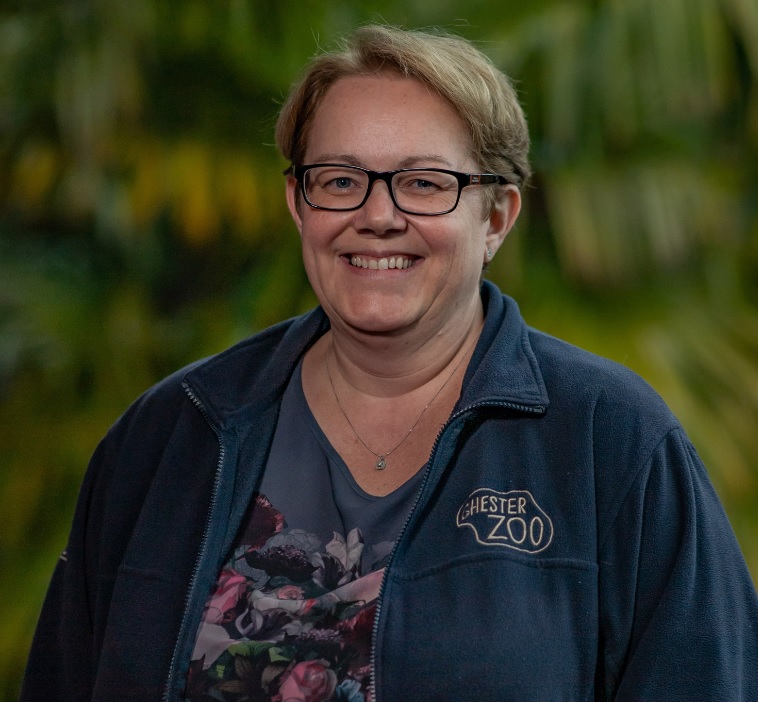As Chester Zoo’s head of science, Sue Walker’s job is to strategically drive science at the zoo forwards. This is achieved by providing an evidence-based approach to conservation initiatives, developing collaborative science partnerships, and creating science training and professional development opportunities. Her vision for Chester Zoo science is that it is applied and has an impact on conservation.
“It enables and advances conservation activities through scientific evidence, trains and empowers ourselves and others with relevant scientific skills to take conservation action and it influences and informs policy and management to prevent extinction,” Walker says.
Over the past 10 years, Walker has established Chester Zoo’s Science Scholars and Fellows scheme and its science voluntary work placement opportunities. These aim to maximise the zoo’s conservation impact. Additionally, the zoo’s Conservation Training Academy works to enable 5,000 conservationists to deliver a positive change for wildlife.
Walker has worked in zoo science and the field of animal reproductive science for nearly 30 years. She joined Chester Zoo in 2007 as its wildlife endocrinologist, before becoming the scientific manager in 2013 and the head of department in 2014. Prior to this, she worked in the reproductive biology departments at the University of Guelph, Toronto Zoo, Smithsonian Conservation Biology Institution and the University of Liverpool.
Sue Walker co-founded the EAZA Reproductive Management Group, the International Society of Wildlife Endocrinology, the EAZA Cryopreservation Group and Nature’s SAFE. Her personal research focuses on providing solutions for population management and wildlife reproduction.
“Our science department believes what makes us unique is our ability to care for, breed, and support populations of a diverse range of wildlife while simultaneously engaging and inspiring people to care and act for nature. Consequently, the science we focus on includes both biological and social sciences including expertise in behaviour and welfare, conservation physiology and reproduction, population biology and social sciences,” Walker says.
